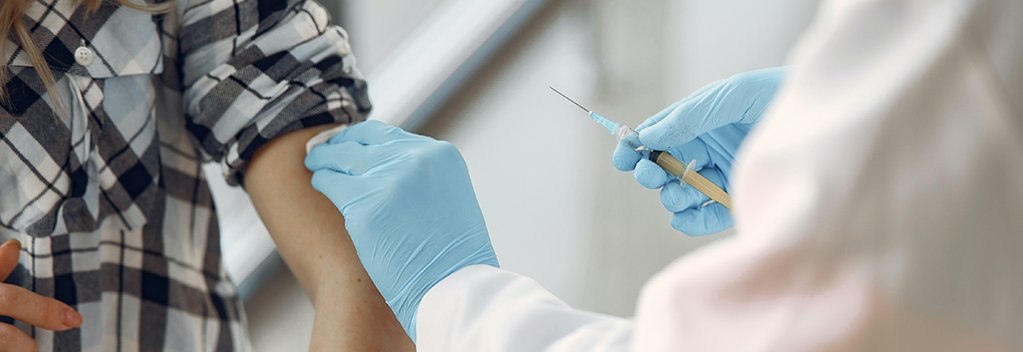Most Americans (57%) say getting COVID-19 is a greater risk than a bad vaccine reaction (43%), according to the latest Economist/YouGov poll.
But those who are uncertain about vaccination tend to believe the opposite. Four in five Americans (83%) who reject getting the vaccine believe that the possibility of a bad reaction to the vaccine is a bigger risk than the possibility of getting the virus itself (17%). Those who are uncertain about vaccination believe the risk of a reaction (76%) outweighs potentially contracting the virus (24%) by three to one.
Doubts are widespread. Even among those who are already fully vaccinated, one in five see a bigger risk in the possibility of a bad reaction (20%) than the possibility of contracting the virus (80%).
Seven in 10 Democrats (71%) say the risk of contracting the virus outweighs the risk of having a bad reaction to inoculation (29%). Independents (53% vs 47%) and Republicans (49% vs 51%) are more split on whether the greater risk is vaccination side effects or catching the virus.
Americans are becoming more hopeful about the future, vaccine or no vaccine, and concern about experiencing COVID-19 is appearing to recede. This week, fewer than half the public (48%) is very or somewhat worried about experiencing the coronavirus, and only 13% of Americans believe the virus has yet to do its worst.
See the toplines and crosstabs from this Economist/YouGov poll
Methodology: The Economist survey was conducted by YouGov using a nationally representative sample of 1,500 US Adult Citizens interviewed online between May 8 - 11, 2021. This sample was weighted according to gender, age, race, and education based on the American Community Survey, conducted by the US Bureau of the Census, as well as 2016 Presidential vote, registration status, geographic region, and news interest. Respondents were selected from YouGov’s opt-in panel to be representative of all US citizens. The margin of error is approximately 2.7% for the overall sample
Image: Photo by Gustavo Fring from Pexels








